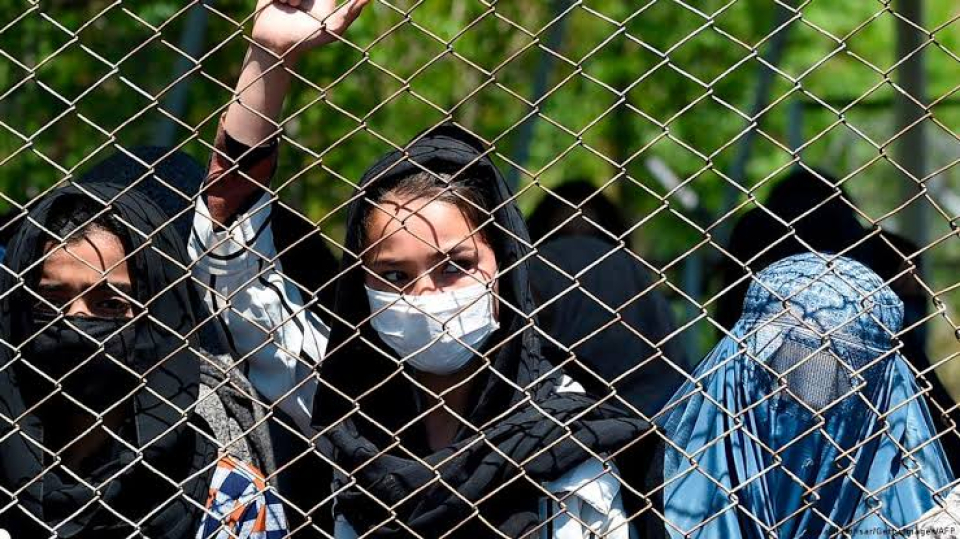Afghanistan News
USA News
After Two Decades of US Occupation and Taliban Rule, Reports Show Widespread Depression, Isolation, and Humiliation Among Afghan Women
- September 23, 2023

Reports Reveal Alarming Psychological Toll on Afghan Women After Two Decades of Upheaval"
In a joint quarterly report released on September 19th, the United Nations Assistance Mission in Afghanistan (UNAMA), its Women's Division, and the International Organization for Migration shed light on the stark psychological challenges faced by Afghan women after 20 years of US occupation and Taliban governance. The report is based on interviews and consultations with 592 women across 22 provinces of Afghanistan in early 2023.
The findings indicate that a staggering 69% of interviewed women reported experiencing depression, isolation, and feelings of humiliation. Women's rights advocates argue that this data, while significant, represents only a fraction of Afghan women and underscores the broader issues that women have faced due to their gender.
Monisa Mobarez, a university professor and women's rights advocate, attributes these feelings of isolation and depression to the policies enforced by the interim government and the deeply entrenched traditional Afghan societal norms that have long denied women their fundamental rights. She argues that when women are stripped of their right to education, employment, financial independence, and social presence, such psychological suffering becomes inevitable.
During its two-year rule, the Taliban administration issued more than 50 restrictive decrees, which, according to UNAMA's survey, were rigorously enforced, affecting 62% of women surveyed.
While the research offers valuable insights, critics point out that the sample size of 592 women is insufficient to capture the full extent of the situation across Afghanistan. Ms. Mobarez, speaking with Khaama Press News Agency, emphasized that the current environment in Afghanistan lacks genuine freedom of expression, preventing women from voicing their opinions.
Maryam Marouf Arvin, another women's rights advocate, acknowledges the limitations of the data collection process but believes that if the interviews had been conducted in an environment free from fear and intimidation, they could have better reflected the true conditions faced by Afghan women.
The research reveals that women's decision-making power within families has significantly decreased, with 80% of women losing their sources of income. Financial dependence and societal customs have contributed to this decline in decision-making capacity.
The surveyed women identified access to education, gender equality, and human rights as their top priorities. Nearly all women interviewed by UNAMA called on the international community not to recognize the Taliban administration or, if recognition occurs, to make it conditional on the rule of law, justice, and meaningful participation of women in the government's structures.
Notably, women have consistently called on the global community not to recognize the Taliban government since its resurgence. Under the interim government's rule, girls were barred from attending schools and universities, and women lost their jobs in both government and non-governmental organizations. Women were also restricted from public spaces such as parks, sports clubs, and entertainment venues.
Although the international community has condemned the restrictive decrees of the interim government, Taliban authorities have insisted that women's rights are preserved within the framework of Islamic laws. The situation remains a matter of grave concern for Afghan women who continue to struggle with the consequences of two decades of upheaval and change.
Related News





Hot Categories
Popular News
Be Aware
Subscribe To Our Newsletter
Don’t worry, we don’t spam











